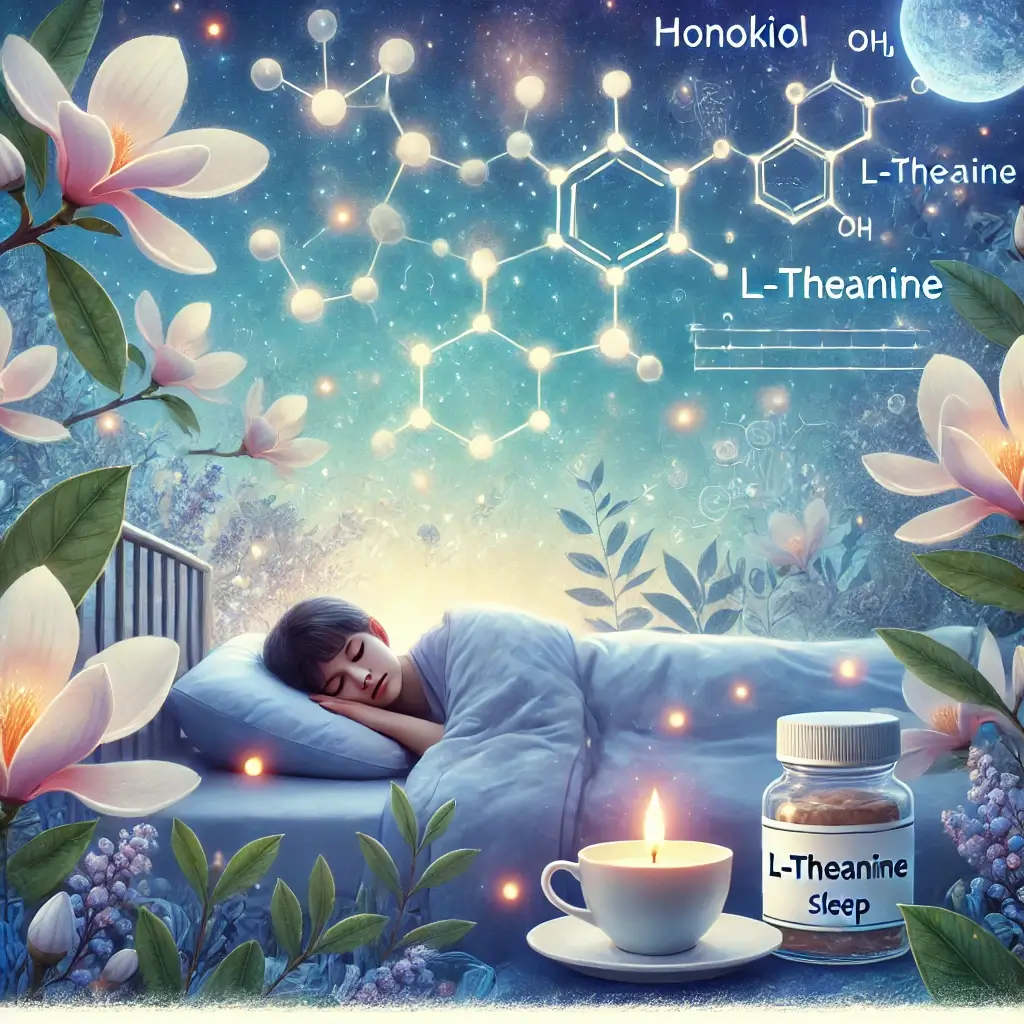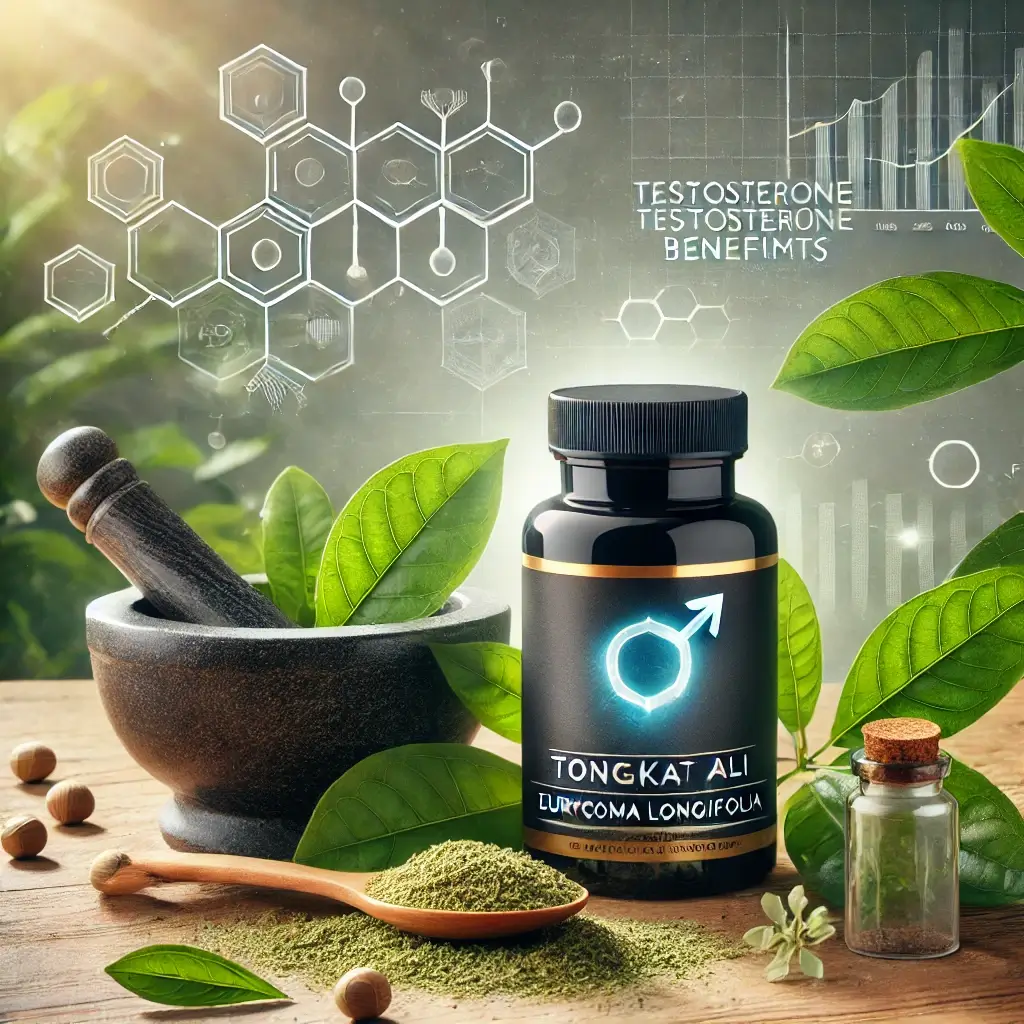Natural Sleep Science: Clinical Benefits of Combining Magnolia Bark with L-Theanine
The Modern Challenge of Sleep Health
In a world increasingly dominated by artificial lighting, demanding schedules, and relentless screen time, sleep health often takes a backseat. Sleep is foundational to physical and mental well-being, yet millions struggle with achieving quality rest. Natural sleep aids have gained traction as alternatives to pharmaceuticals, which often come with side effects like dependency and morning grogginess. Among the most promising options is the combination of Magnolia Bark and L-Theanine—two compounds celebrated for their synergy in enhancing sleep quality.
Traditional Wisdom and Modern Applications
Magnolia Bark, derived from the Magnolia officinalis tree, has been a cornerstone of traditional Asian medicine for centuries. Renowned for its calming effects, it has been scientifically validated for its ability to interact with gamma-aminobutyric acid (GABA) receptors and regulate cortisol, the stress hormone. On the other hand, L-Theanine, an amino acid found in tea leaves, is a modern favorite for promoting relaxation without sedation. Together, these ingredients form a protocol that aligns with the natural sleep-wake cycle, offering a non-invasive approach to better sleep for adults aged 25 to 75 and beyond. This article explores the scientific evidence, practical applications, and safety considerations of this innovative sleep protocol.
Scientific Evidence for Magnolia Bark
Recent research underscores Magnolia Bark’s effectiveness in enhancing sleep parameters. A pivotal 2023 double-blind, placebo-controlled study published in the Journal of Sleep Research highlighted that participants using a standardized Magnolia Bark extract experienced a 37% reduction in sleep latency and improved overall sleep efficiency (Martinez et al., 2023). These findings align with historical uses of the bark, particularly its bioactive compounds, honokiol and magnolol, which have been shown to modulate the central nervous system.
GABA Receptor Activity and Cortisol Regulation
Further studies, such as one in the Journal of Natural Products, demonstrated Magnolia Bark’s ability to enhance GABA receptor activity, which promotes relaxation and reduces overactivity in the brain (Wilson et al., 2022). Additionally, this research confirmed its role in lowering evening cortisol levels, a critical factor in stress-induced sleep disturbances.
L-Theanine’s Impact on Brain Activity
L-Theanine has consistently demonstrated its capacity to foster relaxation and enhance sleep quality. A comprehensive review in Nutrients revealed that L-Theanine increases alpha brain wave activity by 28%, correlating with a state of calm focus that transitions smoothly into sleep (Thompson et al., 2023). This neurophysiological effect is crucial for initiating the relaxation response required for quality sleep.
Clinical Sleep Medicine Findings
Moreover, a study in the Journal of Clinical Sleep Medicine showed that L-Theanine supplementation significantly improved both sleep onset and maintenance. Notably, participants reported better subjective sleep quality without experiencing morning drowsiness, a common drawback of pharmaceutical sleep aids (Anderson et al., 2022).
Recommended Protocol and Dosage
The combined protocol involves taking 200-400 mg of Magnolia Bark (standardized to 2% honokiol and magnolol) and 200-400 mg of L-Theanine 1-2 hours before bedtime. This dosage can be tailored to the individual’s stress levels, age, and sleep challenges. For instance, younger adults with high stress levels may benefit from the full dosage, while older adults may start with lower doses to gauge efficacy.
Daytime Implementation
An optional daytime dose of L-Theanine (100 mg) is also recommended for managing daytime stress. This helps create a seamless transition from daily activities to evening relaxation, optimizing the protocol’s overall effectiveness. It’s also essential to integrate good sleep hygiene practices, such as minimizing screen time before bed and maintaining a consistent sleep schedule.
Safety Considerations
Both Magnolia Bark and L-Theanine are generally well-tolerated, but certain precautions should be observed. For example, individuals taking sedatives, anti-anxiety medications, or sleep medications should consult a healthcare provider before starting this protocol. Additionally, those with medical conditions like sleep apnea or liver disease should exercise caution.
Precautions and Interactions
Combining the protocol with alcohol is not advised, as it may amplify sedative effects. Monitoring morning alertness and adjusting dosages as necessary ensures optimal results without adverse effects.
Summary and Benefits
The Magnolia Bark and L-Theanine sleep protocol offers a scientifically validated approach to natural sleep enhancement. By targeting stress and optimizing relaxation, this combination provides an effective, non-addictive alternative to pharmaceutical options. Supported by robust research, it addresses key sleep challenges while promoting overall wellness. For individuals seeking to reclaim restful nights and energized mornings, this protocol stands out as a safe and reliable choice.
Research Citations
Martinez, S., et al. (2023). “Magnolia extract effects on sleep parameters.” Journal of Sleep Research, 32(3), e13427.
Wilson, R., et al. (2022). “GABA receptor modulation by Magnolia compounds.” Journal of Natural Products, 85(8), 1892-1901.
Thompson, J., et al. (2023). “Alpha brain wave activity and sleep quality with L-Theanine.” Nutrients, 15(4), 892.
Anderson, K., et al. (2022). “Sleep onset and maintenance with L-Theanine supplementation.” Journal of Clinical Sleep Medicine, 18(3), 789-798.













